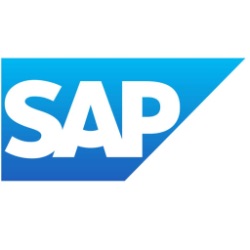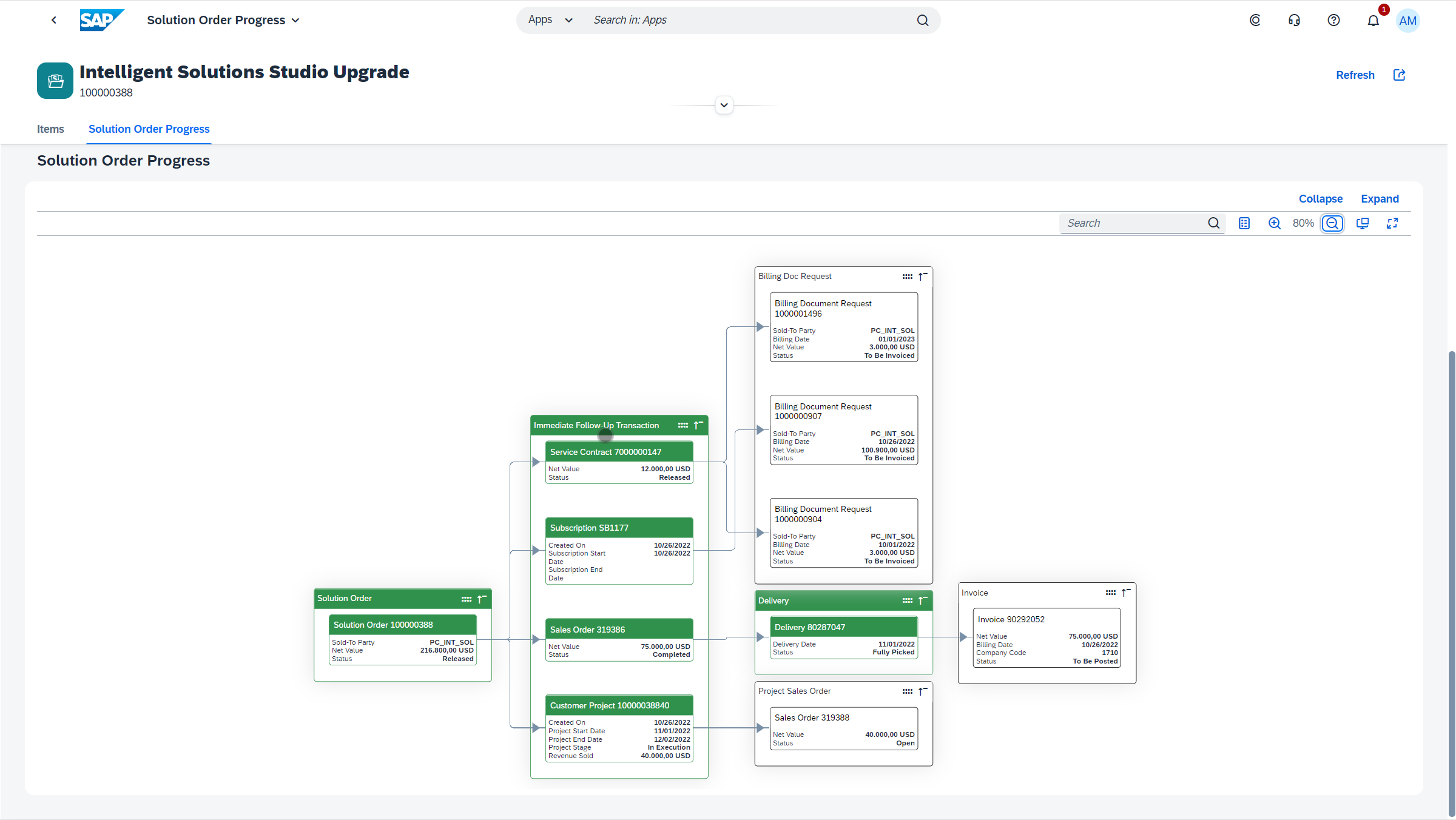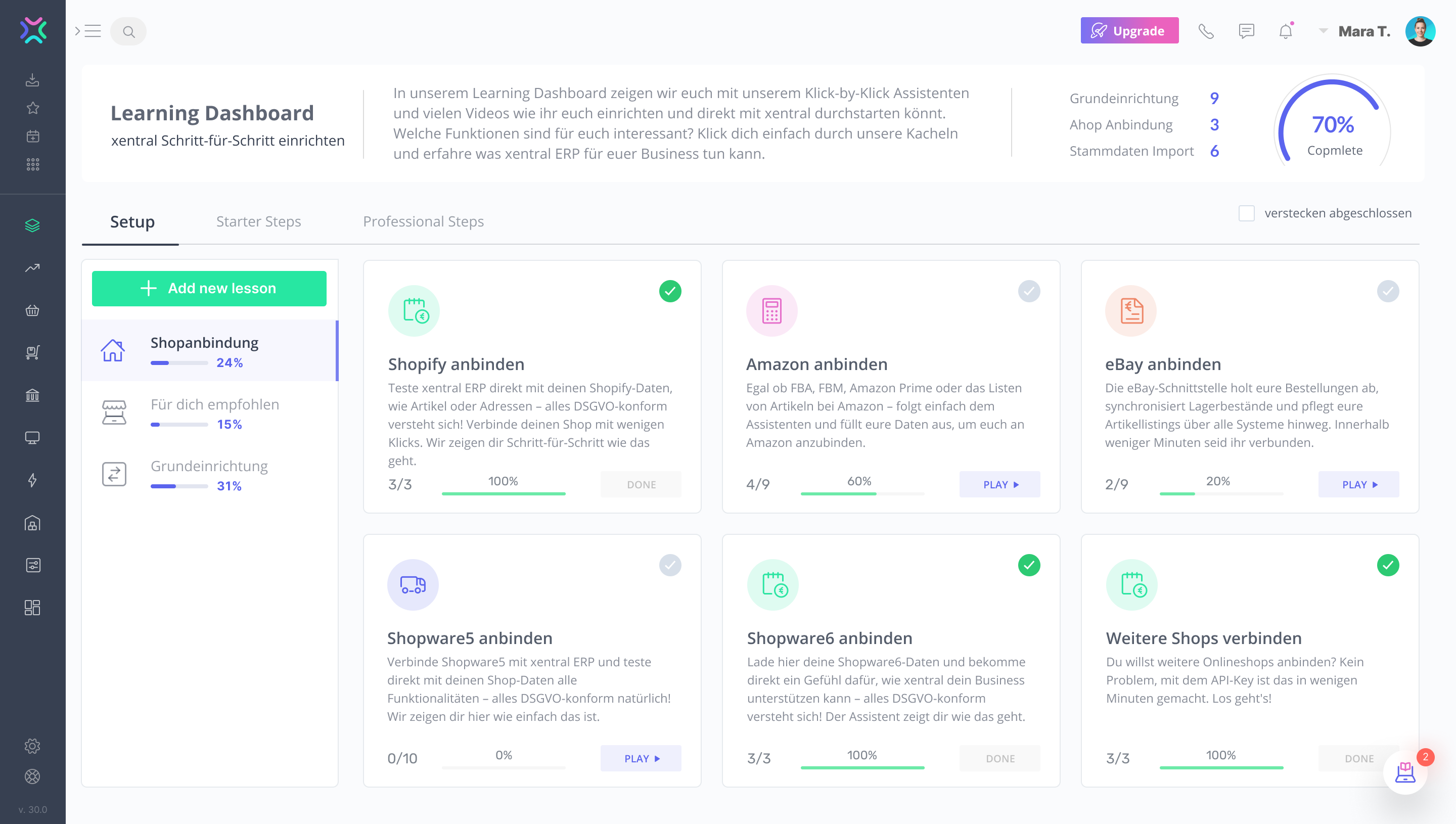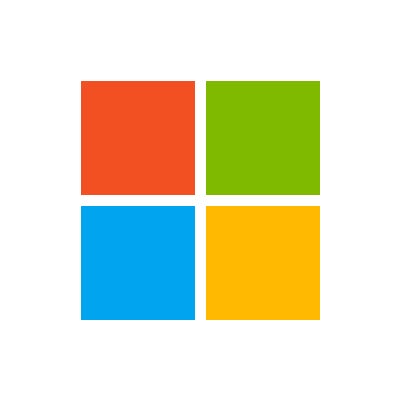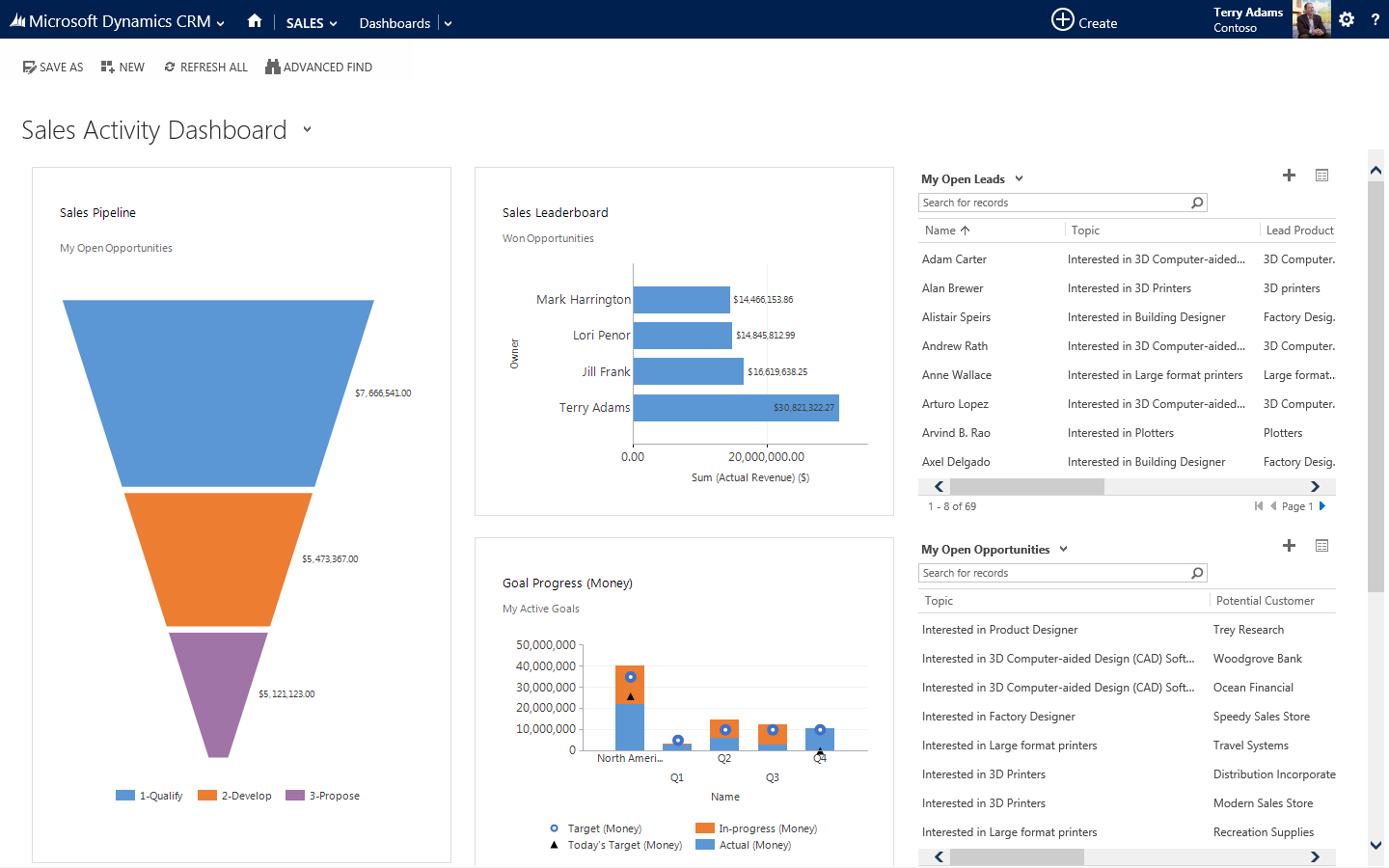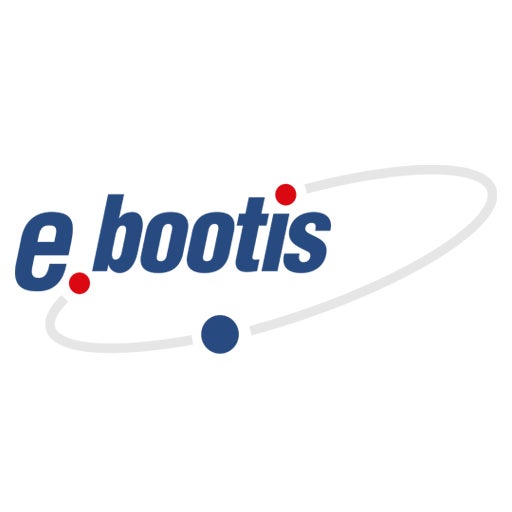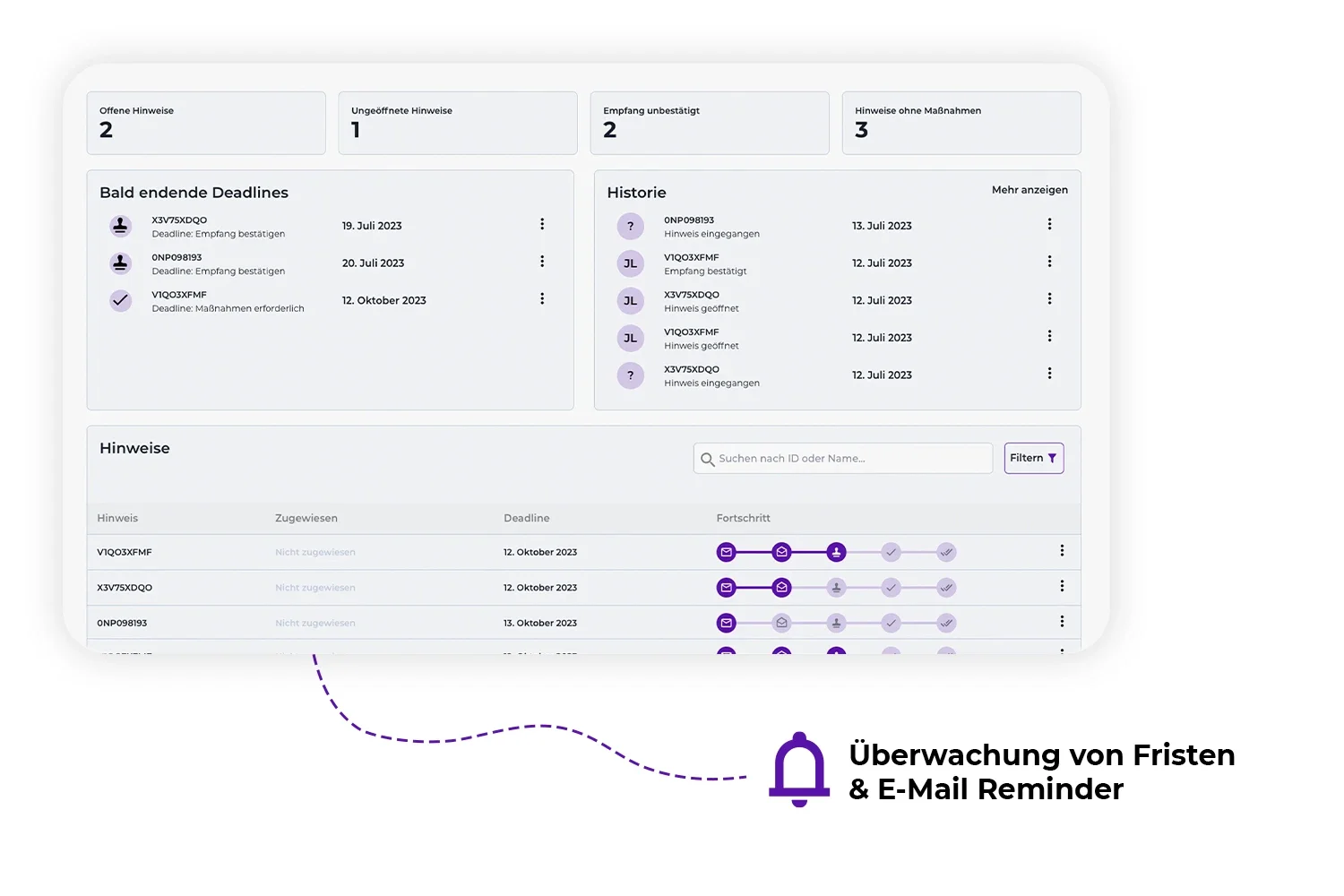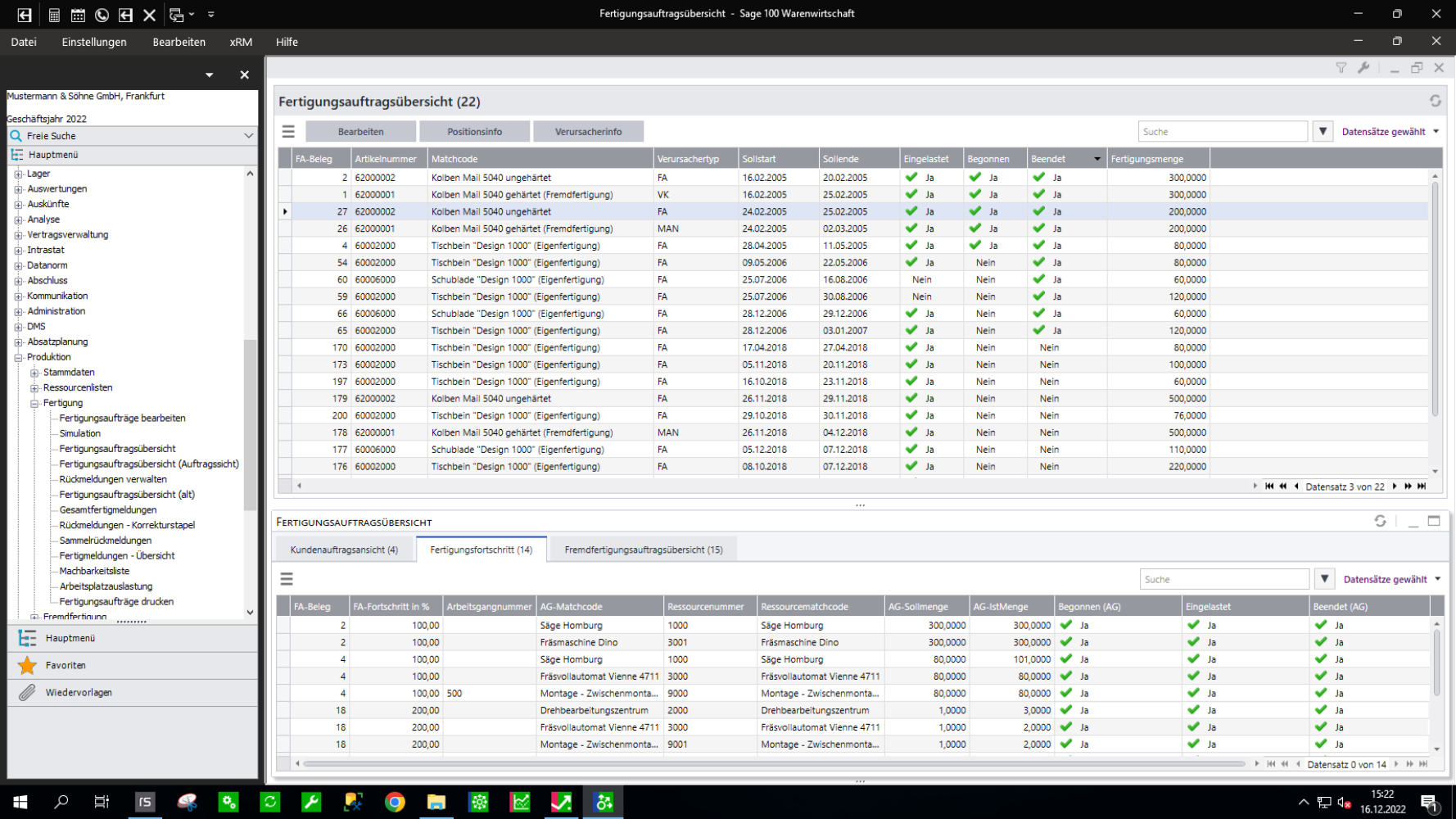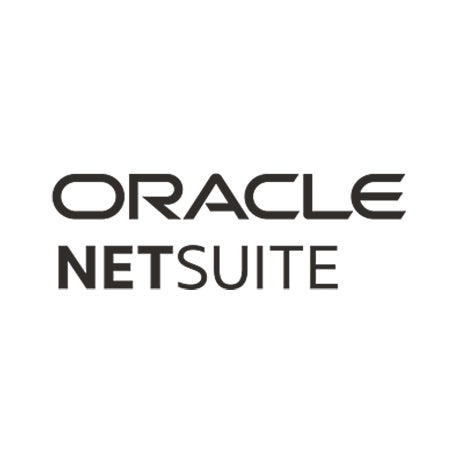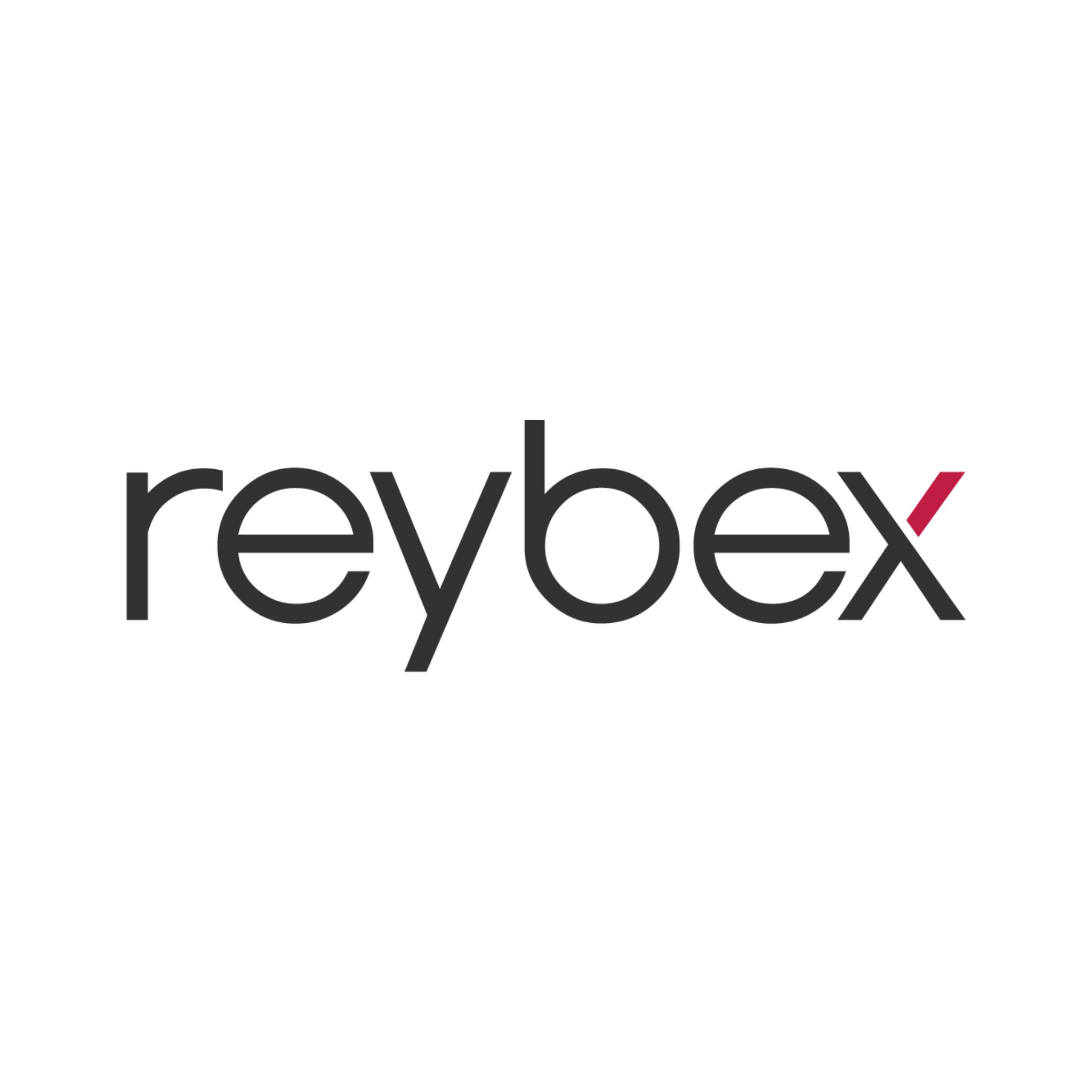Table of contents
- What sets ERP systems for medium-sized companies apart?
- What are the benefits of using ERP software in the SMB?
- The top 7 of the ERP systems for medium-sized companies on OMR Reviews
- 1. SAP S/ 4HANA
- 2. Xentral ERP
- 3. Microsoft Dynamics 365 Business Central
- 4. e.bootis-ERPII
- 5. Sage 100
- 6. Oracle NetSuite
- 7. Reybex Cloud ERP
OMR Reviews was created because the software market is becoming increasingly cluttered. Especially for small and medium-sized companies, there are many different tools in numerous software genres. This is also the case for
ERP systems. Many large and small developers have now released enterprise resource planning tools. It may not be easy to figure out which of these is the most suitable system for you in this jungle. Depending on the industry, company size, and other factors, the requirements for ERP systems vary a lot.
If you are a company from the medium-sized sector, we give you some tips on what to look for when choosing an ERP system. At the same time, we reveal to you the seven best ERP tools for medium-sized companies that you can find on OMR Reviews.
What sets ERP systems for medium-sized companies apart?
An Enterprise Resource Planning system is the software side soul of a company. It is fed with all relevant data from areas such as finance, HR, purchasing, and marketing. This results in efficient planning of all resources, which optimizes business processes. The whole thing is usually modularly structured so that the ERP system can seamlessly fit into the prevailing corporate structure. After all, not every industry, not every company, brings the same prerequisites.
The largest proportion of all companies is made up of SMEs - small and medium-sized enterprises. ERP systems are particularly relevant for a very large number of medium-sized companies. If you work in a medium-sized company and are looking for an ERP system, you should attach importance to the following conditions for ERP software:
- Fits the size and structure of your company
- Is modularly built
- Fits the industry of your company
- Cloud-based, as on-premise or hybrid solutions are mainly only sensible for large companies
- Clear and easy operation
- Bonus: AI-optimized system
What are the benefits of using ERP software in the SMB?
The
advantages of an ERP solution for SMBs are clear. First and foremost, the fact that an ERP system boosts your company's growth by making all business processes more effective. Simply by the fact that you gather all relevant data in one place and can control all resources through the system. This is an advantage that you have over companies from earlier times, which is why companies are growing faster today than in the past - it's not just globalization and the internet.
In addition, you have the advantage of being able to use a SaaS solution for which you don't have to make room in the company's own infrastructure. Everything runs via the provider of the ERP software. The software also adapts modularly to your needs and grows with your company in this way.
The top 7 of the ERP systems for medium-sized companies on OMR Reviews
After answering the most important questions about ERP systems for SMEs, we will show you the best of their kind. For this purpose, we have selected seven ERP systems on OMR Reviews that are ideally suited for medium-sized companies:
You can get an even better impression of each software presented here on OMR Reviews. There you can find out from the perspective of other users what they think of the respective tool and how it is used in their company.
1. SAP S/ 4HANA
Usually, entrepreneurs associate the software giant SAP with large companies that have many and complex requirements for software systems. But in the case of
SAP S/ 4HANA it is an ERP system that can also be established in medium-sized corporate structures. The system runs with an AI that can learn. Thus, SAP S/ 4HANA is not only as good as its developers and users, but also logically continues to expand based on your data in order to optimize the same business process more and more. All tools that are delivered in SAP S/ 4HANA can be linked with functions from asset management, finance, manufacturing, R&D, sales, service, purchasing, and supply chain. Finally, you have the choice whether you want to use the ERP system for mid-sized businesses from SAP in the cloud, on-premise, or hybrid.
All tools from SAP can be found on our
SAP overview.
SAP S/ 4HANA features
The following points characterize SAP S/ 4HANA:
- Integrated AI
- On-Premise, hybrid or in the cloud optional
- SAP In-Memory Database
- High Usability
- Suitable for numerous industries
SAP S/ 4HANA Costs
Since ERP systems usually represent an individual solution in most cases, fixed prices in this segment are rarely found. The same applies to the
Pricing of SAP S/4HANA. You have the option to test SAP S/ 4HANA free of charge for 14 days. Then you get a personalized offer.
SAP S/ 4HANA Alternatives
On OMR Reviews you will find an overview of the
SAP S/ 4HANA alternatives and can decide on the most suitable ERP system for you with the help of verified user experiences and reviews.
2. Xentral ERP
Xentral ERP runs web-based and focuses on areas such as sales, team and project management, product, finance and controlling. The versatility of Xentral ERP allows you to connect numerous external softwares via interfaces. These include marketplaces,
Shop systems,
Payment providers and
Shipping service providers. Xentral ERP is particularly suitable for small and medium-sized e-commerce companies that want to optimize and automate their processes.
Xentral ERP Features
The following points characterize Xentral ERP:
- Automation of processes
- Interfaces to many external applications
- Integrated PIM software
- Clear dashboard
Xentral ERP Costs
Xentral ERP is available in three different offer packages: „Launch“, „Starter“, „Business“ as well as „Pro“. In the same order, these cost from 99 euros, from 349 euros, from 649 euros and from 849 euros per month. The packages differ in terms of usable features, but also in terms of the number of possible users.
Xentral ERP Alternatives
On OMR Reviews you will find an overview of the
Xentral ERP alternatives and can decide on the most suitable ERP system for you with the help of verified user experiences and reviews.
3. Microsoft Dynamics 365 Business Central
When Bill Gates and Paul Allen founded Microsoft, they wanted to “only” develop a unified operating system. Decades later, Microsoft has brought numerous other softwares to the market. Including
Microsoft Dynamics 365 Business Central. An ERP system whose features are categorized according to the segments Finance, Sales, Customer Service, Project Management, Supply Chain Management, Warehouse Management and Reporting. Microsoft orients its ERP software to the needs of small and medium-sized companies. Microsoft Dynamics 365 Business Central is available as a cloud and on-premise solution.
Microsoft Dynamics 365 Business Central Features
The following points characterize Microsoft Dynamics 365 Business Central:
- Can be controlled via app/tablet
- Machine Learning
- Linking with numerous external extensions from the Microsoft AppSource Marketplace
- Many insights into business processes
Microsoft Dynamics 365 Business Central Costs
Microsoft Dynamics 365 Business Central is available in the “Essential” and “Premium” versions. In this case, you have to understand the
prices for Microsoft Dynamics 365 Business Central per user and per month. „Essential“ is available from 59 euros and „Premium“ from just under 85 euros. However, you are allowed to test a demo before starting.
Microsoft Dynamics 365 Business Central Alternatives
4. e.bootis-ERPII
e.bootis-ERPII naturally describes itself as an ERP system for the mid-market. The system is said to be used by over 200 companies from different industries. You have a choice of more than 2,000 modules that you can link as you like to create your perfect
Mid-market ERP Software. To optimize individualization even further, you can adjust your dashboard in e.bootis-ERPII as you deem efficient. The ERP system is particularly suitable for wholesale, production and manufacturing as well as logistics and fulfillment.
e.bootis-ERPII Features
The following features characterize e.bootis-ERPII:
- Single Source Code Solution
- Available as cloud and on-premise solution
- Highly customizable
- More than 2,000 modules to choose from
e.bootis-ERPII Costs
To enjoy e.bootis-ERPII, the developer behind the mid-range ERP prefers personal contact with you. Agreed to an appointment via their website.
e.bootis-ERPII Alternatives
On OMR Reviews you will find an overview of the
e.bootis-ERPII alternatives and can decide on the most suitable ERP system for you with the help of verified user experiences and reviews.
5. Sage 100
The Brits are also involved when it comes to ERP systems for small businesses - the tool is called Sage 100.
Sage 100 is an ERP tool designed for small and medium-sized companies. It includes functions for customer management, e-commerce, project management, accounting, controlling, HR and many other areas. This makes the ERP system usable for all industries without exception. You can access Sage 100 both in the desktop version and mobile via app. Without in-depth programming skills, you can adapt the Sage ERP to your needs through simple surface configuration.
Sage 100 Features
The following points characterize Sage 100:
- Suitable for all industries
- Easily configurable
- Mobile use
- Numerous e-learning courses
Sage 100 Costs
The
prices for Sage 100 are based on the requirements and are divided into the „inventory management“, „accounting“, and „production“ packages. You can, of course, also combine the three. The prices are per month and per user and start at 56 euros.
Sage 100 Alternatives
On OMR Reviews you will find an overview of the
Sage 100 alternatives and can decide on the most suitable ERP system for you with the help of verified user experiences and reviews.
All tools from Sage compared, with the most important features and including suitable articles, can be found on our
Sage overview page.
6. Oracle NetSuite
The
Oracle NetSuite works cloud-based as a desktop and mobile version. The ERP software focuses on functions from financial management, order management, manufacturing management, supply chain management, warehousing and management and procurement. Particularly noticeable is the well-structured dashboard, where you get access to all relevant data. An integrated AI helps you manage these and optimize your processes.
Oracle NetSuite Features
The following points characterize Oracle NetSuite:
- Customizable dashboard
- Integrated AI
- Cloud-based
- Modularly adaptable
Oracle NetSuite Costs
Oracle does not know fixed prices. Instead, you will receive a free product tour and then clarify the price with your contact person. You only pay for what you actually need in your ERP system.
Oracle NetSuite Alternatives
On OMR Reviews you will find an overview of the
Oracle NetSuite alternatives and can decide on the most suitable ERP system for you with the help of verified user experiences and reviews.
7. Reybex Cloud ERP
Reybex is a modern, cloud-native ERP software. The software simplifies, automates, and digitizes everyday processes and tasks, helping to drive digitalization and reduce costs. The software sees itself as a cross-industry solution. It covers B2B and B2C processes as well as the manufacturing industry. Through the consistent API-first approach, new requirements can be quickly and efficiently integrated.
Reybex Cloud ERP Features
The following points characterize Reybex Cloud ERP:
- Cross-industry
- Runs 100% over the cloud
- Available via app
- Maximum data security
Reybex Cloud ERP Costs
A 14-day test access can be used free of charge. After that, the monthly costs for this ERP all-in-one solution are 69 €. If you need more than the basic functions, you can use packages for 89 € and 109 € (for the enterprise solution).
Reybex Cloud ERP Alternatives
On OMR Reviews you will find an overview of
Reybex Cloud ERP alternatives and can decide on the most suitable ERP system for you with the help of verified user experiences and reviews.
